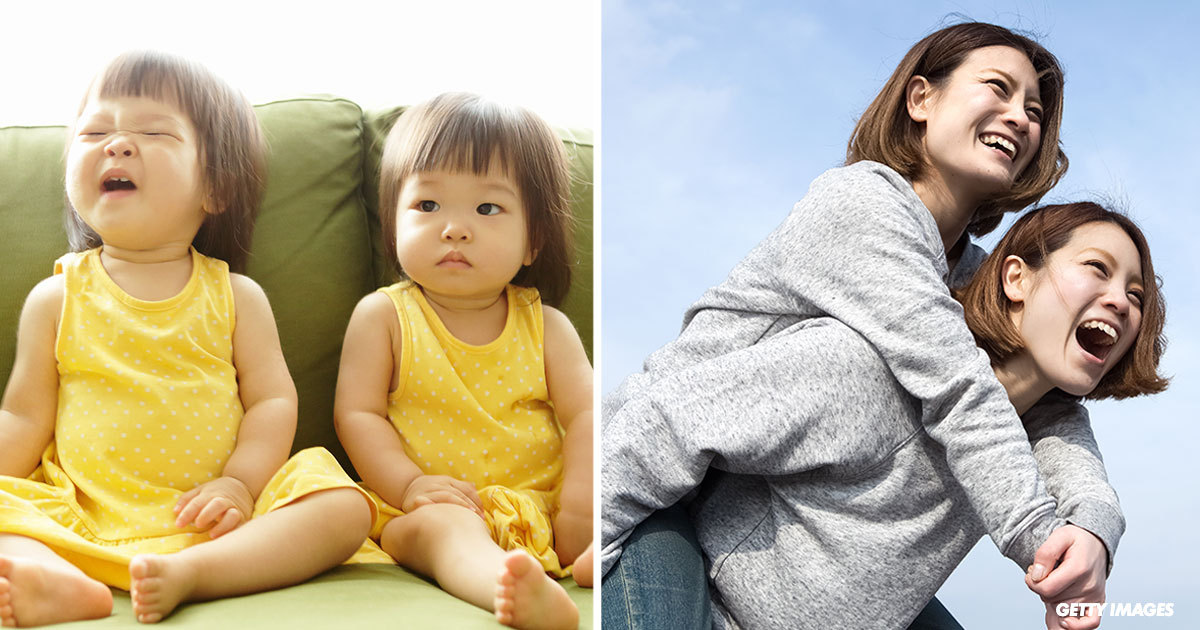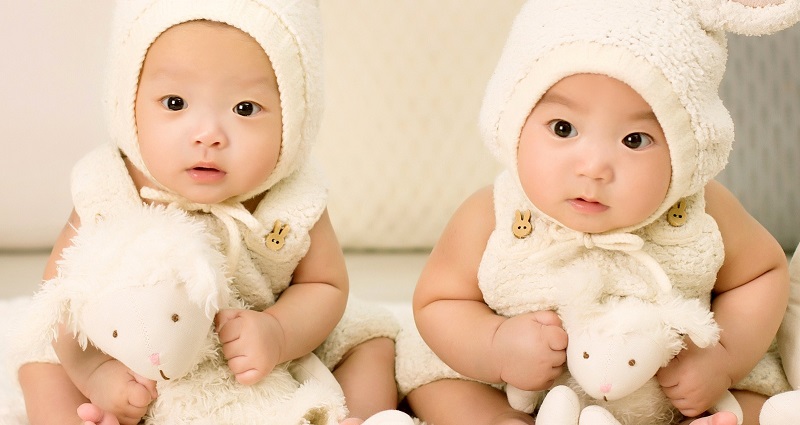
The Sisters Had A Huge Difference In IQ
The twin sisters were born in 1974 in South Korea, but they were separated when one of the twins got lost at a supermarket. Even though her parents did everything possible to find her, even appearing on TV about missing people, they could not find her. She ended up being adopted by a family from the United States.
She grew up in the U.S., and the adopted sister had no clue that she had any siblings until 2018, when she submitted her DNA to South Korea’s program fore reuniting family members. She not only has an identical twin, she also has an older sister and brother as well.
When they were finally reunited, they went through tests that measured their intelligence, assessed their personalities, mental health, and also their medical history. It was surprising to see that the twin that was raised in the U.S. had an IQ that was 16 points lower than her twin sister that was raised in Korea.
The findings were published in Personality and Individual Differences journal, and it helped refute previous studies on monozygotic twins, which previously had only shown a difference of 7 points on average.
The study’s authors said: “it is striking that the twins showed substantial differences in cognitive abilities that have been linked to strong genetic influence.”

Their Medical History Was Quite Similar
However, it is hard to say what actually caused this difference and whether their different upbringings is the sole cause, although the study authors did make note of the fact that the American raised twin did suffer from three concussions.
They said that “the overall configuration of the twins’ personality was similar, consistent with literature on moderate genetic influences on personality in adulthood.”
They continued: “Notable is that both twins were distinctively high on Conscientiousness, indicating that both are purposeful, well-organized, dutiful, and achievement-striving.” They noted that these consistencies are quite interesting despite the fact that the twins were raised in very different environments, perhaps showing that genetics do have a strong influence on a person’s temperament.
The twin that was raised in Korea described her upbringing as being surrounded by a loving and harmonious family, while the adopted sister had a more difficult upbringing, full of conflict and her adoptive parents’ divorce. Even despite this, the twins had the same exact score for self esteem and similar mental health profiles.

They Also Had Similar Personality Traits But Different Outlooks On Life
They also experienced similar medical histories, both having had surgeries to remove tumors from their ovaries. However, they had very different attitudes that have a correlation with cultural ideologies. For example, the American raised twin had an individualistic streak while the Korea raised sister had a more collectivist outlook.
While more cases like these need to be studied in order to get more solid conclusions, since these kinds of cases are so rare it is quite difficult. However, this study does give great insights on cultural, environmental, and genetic inputs that influence the way people develop.








